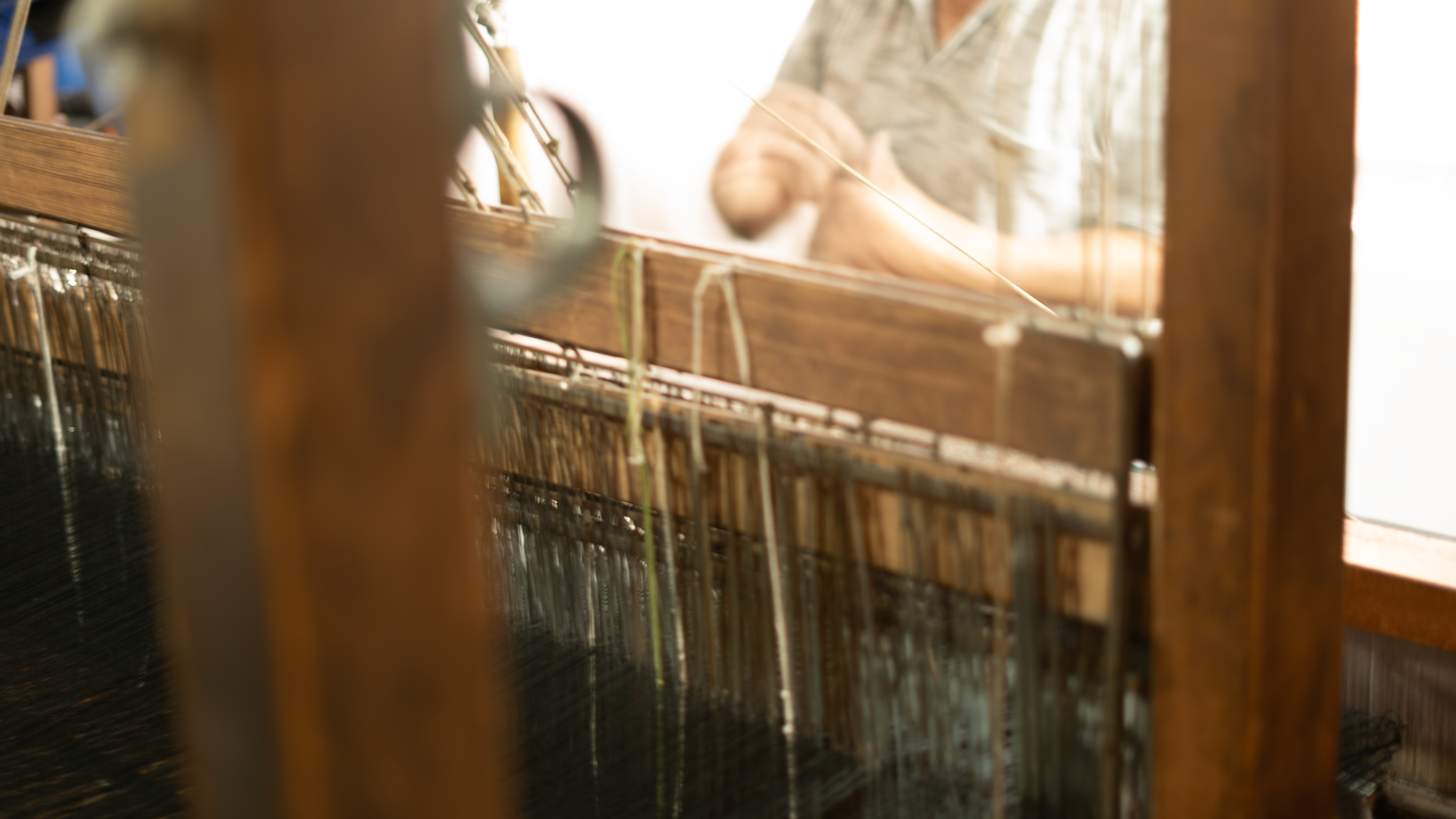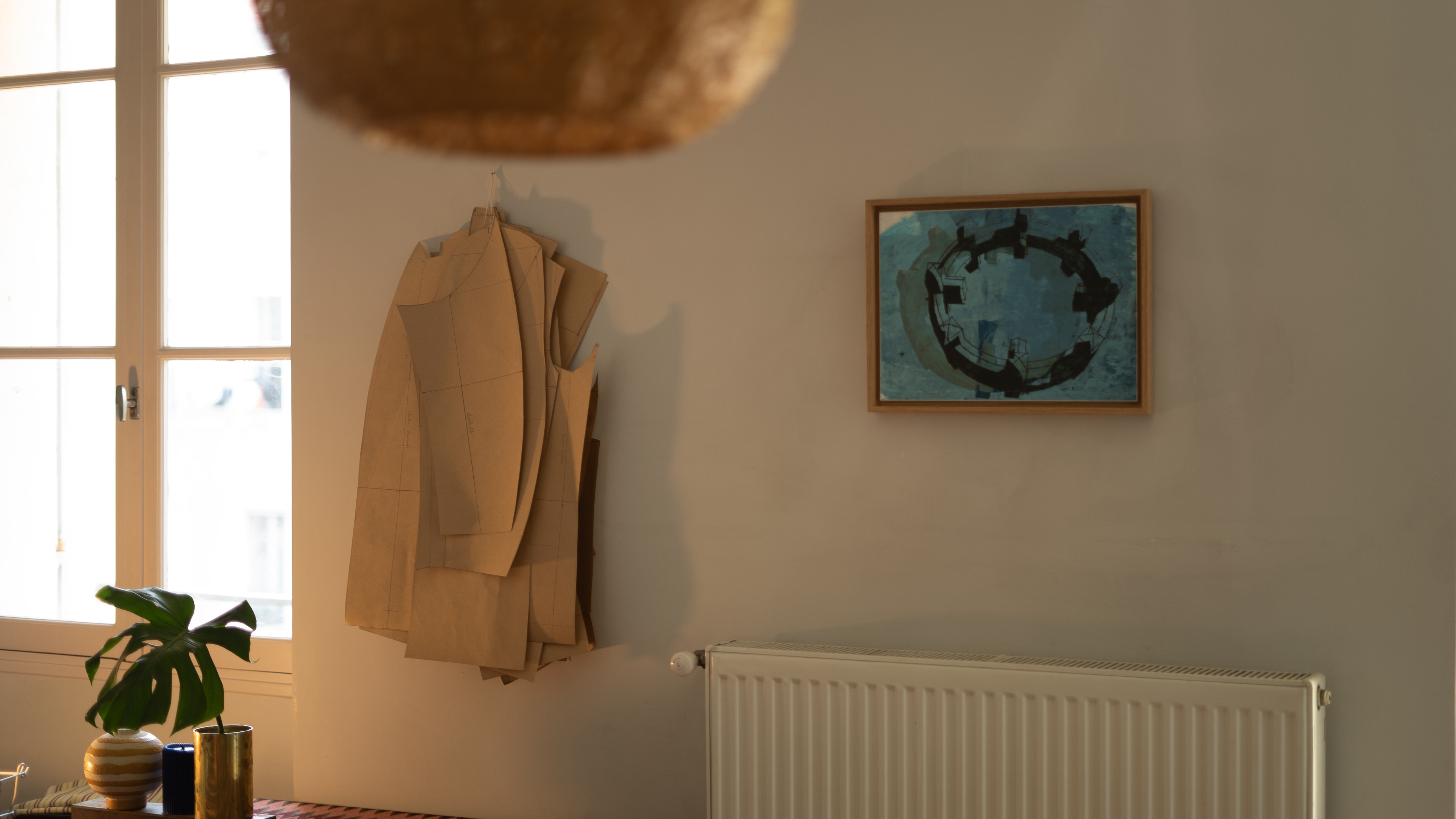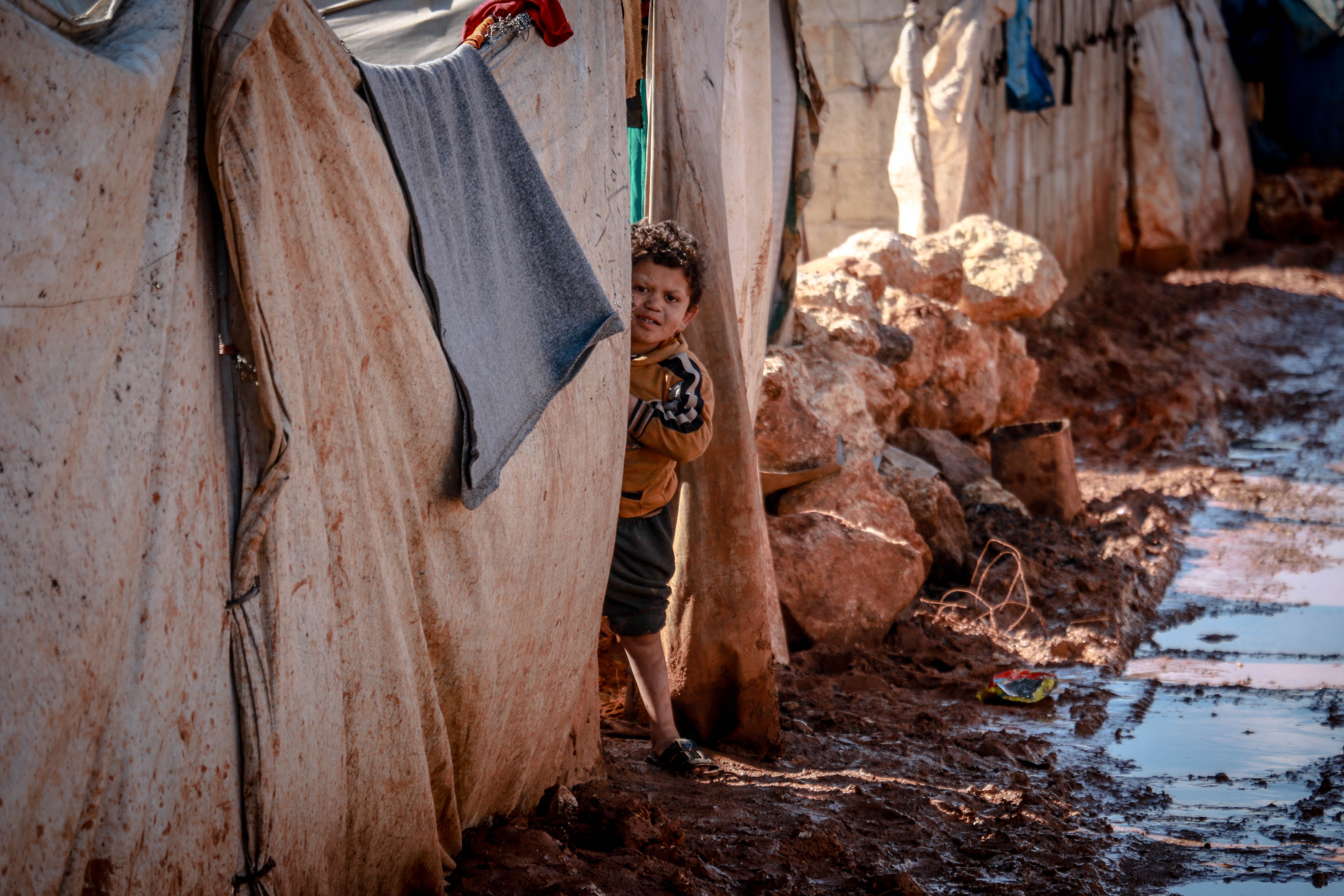SUSTAINABILITY
WHAT IS SLOW FASHION
and how quintopiano embraces it
SLOW FASHION
Slow fashion represents a mindset towards clothing that emphasizes a reflective and introspective approach to the choices we make when purchasing products. This perspective stands in stark contrast to the fast fashion model that encourages impulsive, trend-driven shopping behaviors, frequently driven by substantial discounts, low prices, and a constant influx of new options each week. In the Latin American entrepreneurial context, slow fashion underscores the belief that our clothing acquisitions should be regarded as investments deserving of careful preservation and attention. Every purchase is approached with a sense of responsibility, with the intention of maintaining and wearing the item for an extended period.

HOW WE CAN CONTRIBUTE?
As Latin American entrepreneurs, we firmly believe in the cumulative impact of even the smallest actions. Opting to buy fewer items and selecting products that endure beyond specific seasons or are crafted from responsibly-sourced materials contribute to reducing our environmental footprint.
Take cotton, for instance, the world's largest non-food crop. Conventional farming methods involve genetically modified seeds and pesticides, depleting soil nutrition and diminishing local biodiversity over time. By prioritizing organic cotton, grown without pesticides, or taking it a step further by supporting regenerative practices that enhance soil health and support farmers, we are investing in approaches that replenish more than they deplete.
Furthermore, re-evaluating our relationship with clothing—choosing to mend or repair items instead of discarding them (where they might end up in landfills or incinerators), or opting for second-hand items rather than buying brand new—contributes to decreasing the demand for newly produced clothing. This conscious approach aligns with our commitment to sustainability and responsible consumer choices.

THE DRAWBACK
Embracing a slow fashion ethos in Latin American entrepreneurship may entail a higher upfront cost. Garments crafted from superior materials and produced through fair, ethical methods can contribute to an elevated average expense. Nevertheless, by transitioning our perspective to prioritize quality over quantity—purchasing only what is genuinely necessary when the need arises—the overall expenditure should balance out. This shift in mindset not only promotes sustainability but also diminishes the necessity for frequent repurchasing or replacing of clothing over time.

quintopiano #LATIN VIBES

